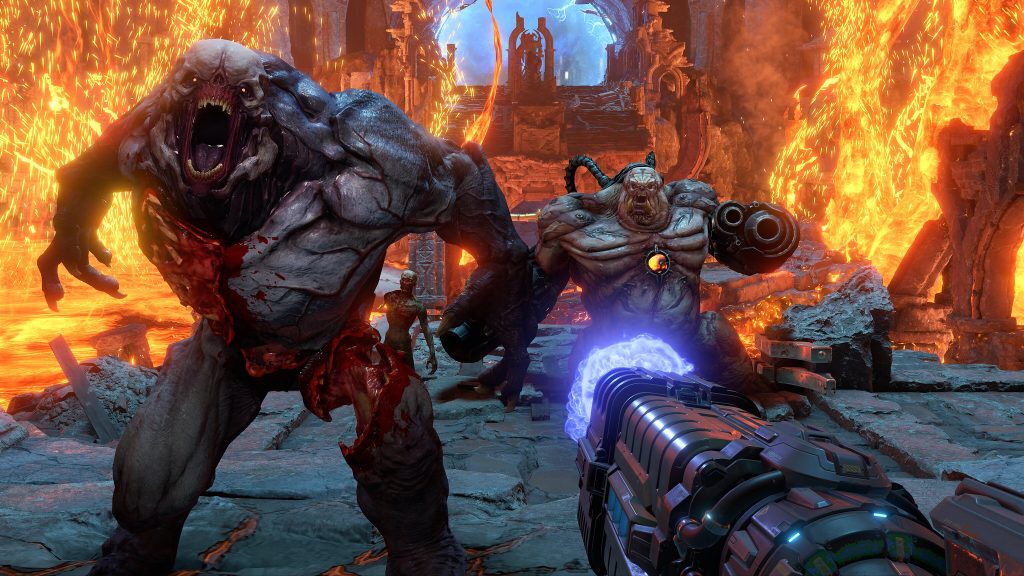Computing and gaming giant Microsoft made news recently in its acquisition of two of the world’s biggest gaming companies.
Purchasing Activision-Blizzard and Zenimax Media for $75.4 billion and $8.1 billion respectively, the Xbox and Windows developer was met with a conflicted response.
Now shuttering several of its other existing smaller game studios, there is concern about what could become of the larger properties now under Microsoft’s control, and what this could mean for UK gamers.
The Challenges of Modern Game Development
The primary complaints surrounding Microsoft’s recent acquisitions stem from the complexities of the modern state of video games.
Contemporary AAA gaming involves an expensive and lengthy design process.
Every year the race for better graphics and bigger worlds continues, and this creates issues with ROI.
The problem is that AAA games can entice players to choose one platform over another, and it’s an area where Microsoft struggles.
On the other side of the spectrum, consider what’s available in the related world of online casino games with slots promotions.
Rather than appealing through exclusive games, online casino bonuses like free spins and extra bingo bets serve as a much simpler way to open doors to players.
The big three video game console developer’s direction is a far more expensive one for players and developers, but it’s a bed they’ve made themselves to sleep in.
Microsoft’s Place in the Gaming Space
Microsoft built its launch of the Xbox Series on the idea that game exclusivity was a bad thing.
Of course, they couldn’t compete with the properties of Nintendo and Sony at the time, so this claim was suspicious.
After acquiring Zenimax and Activision-Blizzard, alongside series like The Elder Scrolls, Fallout, Call of Duty, Doom, and Diablo, their opinions on exclusivity changed somewhat.

This change in direction ended up biting Microsoft, as exclusive games Redfall and Hi-Fi Rush failed to meet sales targets.
These failures drove Microsoft to shut down the developing studios, earning the company significant bad press for punishing the developers for Microsoft’s decisions.
What About the UK?
All this leaves the questions about what comes next, and what will it mean for UK players.
This is an important question because the UK prefers PlayStation over Xbox and Nintendo, with PS5s taking up a 57% share in the hardware sales market in 2023 alone.
In other words, if something affects PlayStation players, UK gamers will suffer.
Whether or not the effect on UK players will be negative depends on whether Microsoft sticks to its exclusivity plan.
If their new big series ends up confined to Xbox, then UK PlayStation players will miss out.
On the other hand, going non-exclusive will earn Microsoft more goodwill, but will make new players less likely to choose Xbox over PlayStation.
It’s a “damned if they do and damned if they don’t” situation, and we can’t do much more than sit back and watch what happens next.
The thought of not being able to play games like a new Doom or Elder Scrolls on PlayStation doesn’t sit well with us, but it’s not something we have control over.
UK gamers might be better off saving for an Xbox in the meantime, and if exclusivity deals don’t go through, then at least you’ll have a bunch of money ready for the eventual PS6.
Photo by Alexey Savchenko on Unsplash





Join the discussion